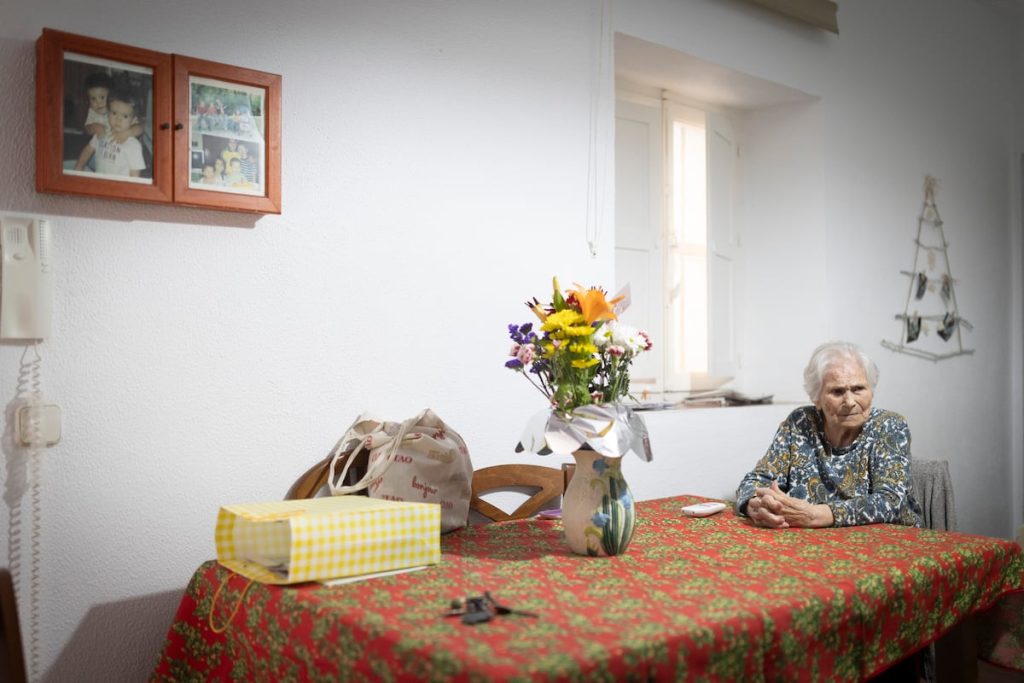In the historic neighborhood of El Pópulo in Cádiz, a legal battle over a housing situation has sparked controversy. Maria Muñoz, an 88-year-old resident facing eviction from her long-time home due to the conversion of the building into tourist rentals, has become the center of attention for local residents. The neighborhood, known for its medieval past and Roman archaeological sites, is fighting to preserve its historic and community identity in the face of increasing tourism and rental property conversions. Muñoz has lived in the same building since 1967, raising her family there, but now she is being forced to leave due to the inability to purchase her rental property or afford the new terms set by the current owners.
The situation has caused outrage among local residents, who are worried about the loss of community and historical heritage as more buildings are converted into vacation rentals. The Plataforma de Vecinos y Amigos de El Pópulo, a community organization, is actively campaigning against the gentrification and displacement of long-time residents like Muñoz. The legal battle between Muñoz and the property owners has been ongoing for years, with the authorities ruling in favor of the owners and ordering the eviction of the elderly woman. The property owners argue that they have acted in good faith and have given Muñoz opportunities to either leave or purchase the property, but for the elderly woman and her family, the financial burden is insurmountable.
The neighborhood of El Pópulo, known for its activism and community spirit, is also facing a wave of tourist rentals that are changing the fabric of the area. Local businesses and residents are voicing their opposition to the proliferation of vacation rentals and the loss of affordable housing options for local residents. Antonio Gallardo, a long-time resident and community organizer, highlights the importance of preserving the neighborhood’s history and community spirit in the face of rapid changes driven by tourism and real estate speculation. The transformation of El Pópulo from a marginalized neighborhood to a vibrant community hub is now at risk due to the increasing number of vacation rentals and the displacement of long-time residents like Muñoz.
The legal battle between Muñoz and the property owners sheds light on the broader challenges faced by Cádiz as a city struggling to retain its population and identity in the face of economic pressures and tourism growth. The local government has taken steps to regulate vacation rentals and protect historic neighborhoods from over-tourism, but the case of Maria Muñoz shows that more needs to be done to support vulnerable residents facing eviction and displacement. The community’s resistance to the loss of affordable housing options and the transformation of their neighborhood into a tourist hotspot reflects broader struggles in cities around the world grappling with the impacts of tourism and gentrification on local communities.
Despite the challenges and uncertainties facing Maria Muñoz, there is a glimmer of hope in the form of a local builder who has promised her a rental apartment in a new development in the city center. While this offer provides a potential solution for Muñoz, the timing and logistics of the move remain uncertain, and the elderly woman grapples with the possibility of leaving her long-time home and community behind. As El Pópulo continues to grapple with the tensions between tourism, gentrification, and community preservation, the case of Maria Muñoz serves as a poignant reminder of the human cost of urban development and the importance of supporting vulnerable residents in the face of evictions and displacement. The story of Maria Muñoz resonates with broader struggles for housing justice and community resilience in the face of economic and social change in cities around the world.















